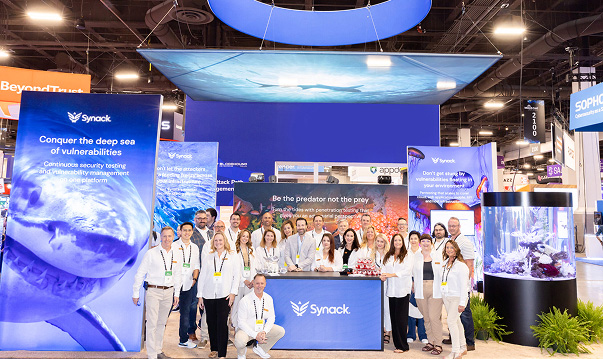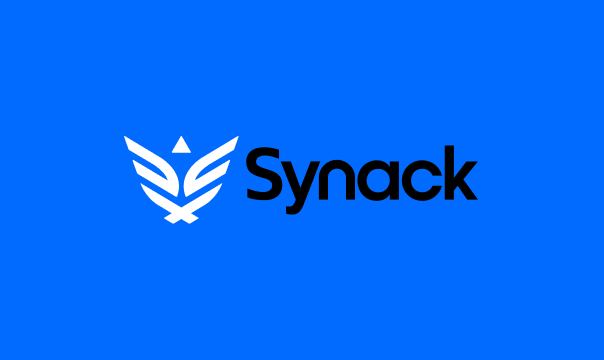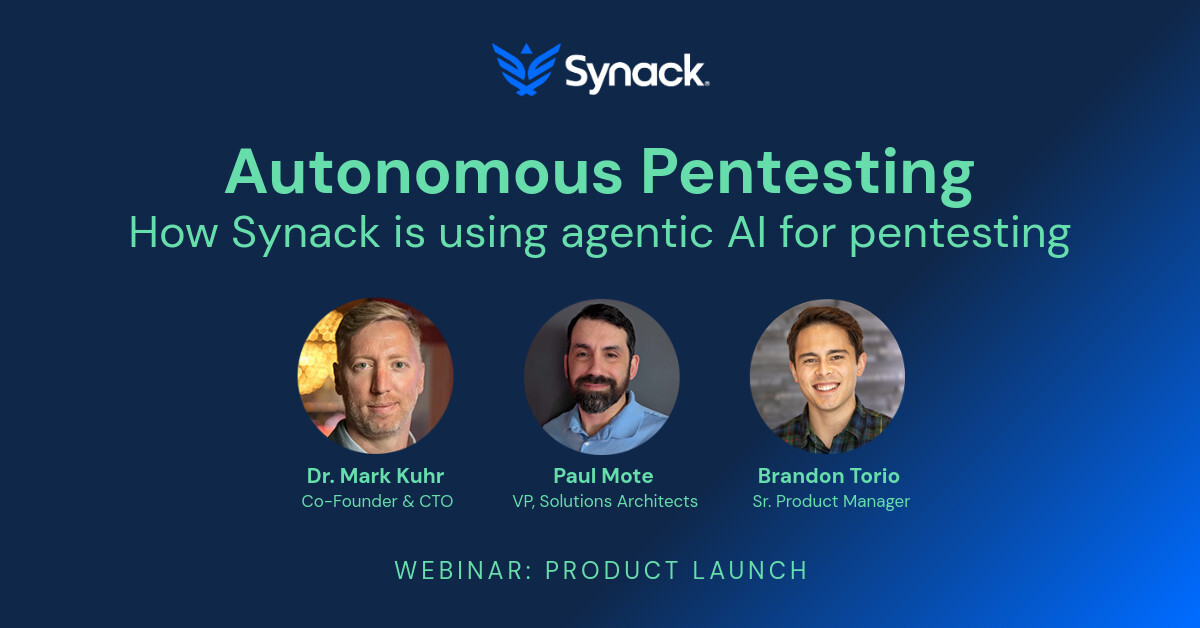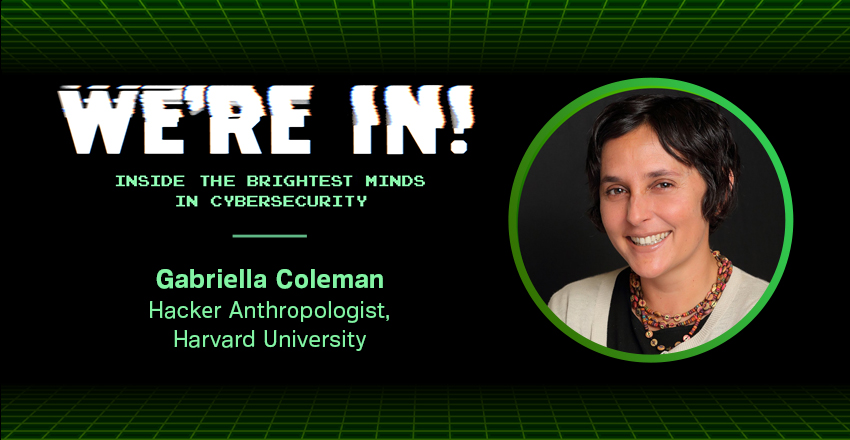By Kim Crawley
The hacktivist group Anonymous recently made headlines for its declaration of a “cyber war” against Russia in response to President Vladimir Putin’s decision to invade neighboring Ukraine. This is just one of many high-profile hacks claimed by Anonymous in the past decade.
While Anonymous may be famous for their politically motivated, and usually illegal, breaches and leaks, hackers and hacktivists have a long history of creating chaos to make a point, challenging authority and pushing the bounds of the law. Hackers are also people who live for DIY and tinkering. They build safer systems and invent new technologies. In recent years, hackers have become more visible to the public than in their previous, shadowy past.
They’re now often depicted in the media, from video games to movies, comic books and toys. And their work is taken seriously, featured as experts in news stories and documentaries. Naturally, hackers and hacker culture have become an area of academic study.
Gabriella Coleman, an anthropologist and professor at Harvard, studies hacker culture, online activism and hacktivist groups, with a particular focus on the hacker and activist group Anonymous. Her research on Anonymous is featured in her 2015 book, “Hacker, Hoaxer, Whistleblower, Spy: The Many Faces of Anonymous”
On a recent episode of WE’RE IN, Coleman and our hosts cover topics like what hackers do, how they think, Anonymous’s operations, and the intersection between hacker culture and today’s cybersecurity industry.
[You can listen to this episode of WE’RE IN! on Apple, Spotify, Simplecast or wherever you get your podcasts.]
Coleman spoke about how hackers responded to intellectual property law and how they laid the groundwork for open source software, otherwise known as free software.
“They found patents and copyrights too restrictive and said, ‘You know what? We’re going to reinvent the law.’ That is what attracted me initially to the world of free software hacking,” Coleman said.“And over time I got to see how there’s very different types of hacking: breakers and builders and hacktivists and biohackers.”
Coleman explained that hacking is a technique and its application spans histories and industries. What connects hackers is their ability to think outside the box in both technical and non-technical areas.
“I continue to be amazed by that sort of technical, but also political impact, of hacking,” she said.
On the podcast, Coleman also discussed how she interacted with Anonymous and how she was able to get members to open up to her for interviews. While the majority of hacktivists she studied weren’t breaking laws, she was enthralled with the organization responsible for global DDoS attacks and hacking large corporations, such as Sony, PayPal and Bank of America.
“Anonymous became famous for their high stakes, high risk hacking. And that was something I was very interested in and wanted to learn about,” she said.
Check out the WE’RE IN! podcast to learn more about hacker culture from an academic expert.







